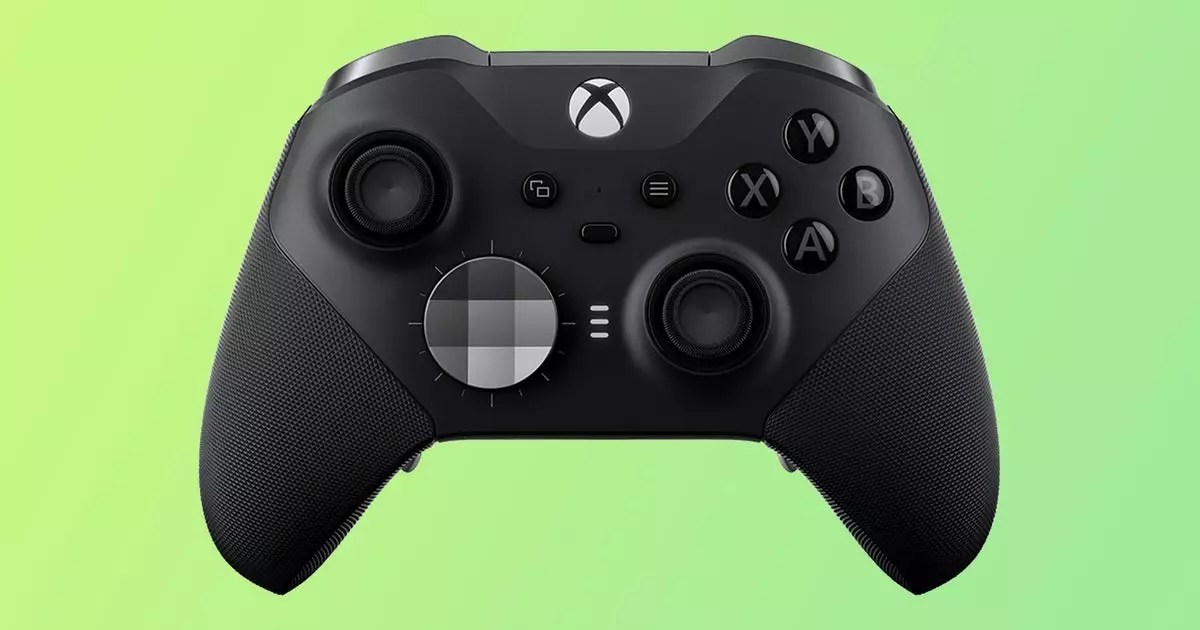In a world where social and political activism permeates every aspect of our lives, the gaming community is no exception. Recent calls from the Boycott, Divestment, and Sanctions (BDS) movement urging individuals to cancel their Game Pass subscriptions and boycott Microsoft’s gaming franchises have stirred considerable debate. This appeal comes amidst serious allegations regarding Microsoft’s entanglement with the Israeli military, particularly relating to the use of its Azure cloud technology and AI products during military operations in Gaza. This isn’t just about video games; it’s about the intersection of corporate responsibility and activism in an era where consumers are increasingly wielding their power in the marketplace.
Allegations of Complicity: A Closer Look
The explosive allegations surfaced following intense military operations in Gaza, where a joint investigation highlighted Microsoft’s growing business relationships with Israel’s defense apparatus. Reports indicate that Microsoft’s technology may have been utilized in tactical military operations against Palestinian civilians, a chilling notion that has sparked outrage among gamers and activists alike. Such claims warrant examination not only of Microsoft’s role but also of the responsibilities tech companies have when their products are employed in contentious geopolitical situations.
Critics argue that technology giants must prioritize ethical considerations over profit margins. The assertion that Microsoft has provided substantial resources to the Israeli military—including technical support and sophisticated computing capabilities—demonstrates a disconcerting potential for complicity in humanitarian crises. The leaked documents and testimonies underscore a troubling narrative: technology, once viewed as a tool for empowerment and connectivity, can also morph into a means of control and oppression.
The Power of Consumer Choices
The call to action from BDS here reflects a growing consciousness among consumers about the ethical dimensions of their spending habits. Boycotting Microsoft’s gaming platforms—such as its popular franchises like Minecraft and Call of Duty—serves as a tangible act of resistance against corporate indifference to global injustices. The rationale is straightforward: by withdrawing financial support, consumers refuse to be complicit in actions that contradict their moral values.
This grassroots movement emphasizes that gamers and consumers are not mere passive observers but active participants in shaping corporate behavior. Past boycotts have demonstrated that sustained pressure can lead to significant shifts in corporate policy. For instance, the outcome from Microsoft’s previous involvement with facial recognition technology shows that accountability is achievable when consumers insist on ethical corporate behavior. BDS now aims to make Microsoft a focal point in the struggle for accountability, suggesting that collective action can indeed drive change.
The Role of Voices Within the Industry
It’s worth noting the courage of former Microsoft employees who initiated the latest boycott campaign. Abdo Mohamed and Hossam Nasr’s actions reflect both a personal and professional commitment to human rights, setting an example for individuals who feel powerless within larger corporate structures. Their prior termination for advocating for Palestinian rights raises troubling questions about corporate culture and the treatment of dissent within major tech firms.
Activism within the industry is not a mere afterthought; it’s crucial for ensuring that companies remain aligned with societal values. Employees who stand up for human rights can catalyze significant changes in corporate policies, urging firms to reflect critically on how their products may be used in real-world applications. The technology community must foster environments where ethical considerations are prioritized alongside innovation and profit.
Gamers as Change Agents
Despite the initial backlash, many gamers are beginning to see themselves as change agents within a much larger socio-political context. The potential for a boycott to succeed lies not just in the act itself but in the broader conversation it generates regarding corporate responsibility, social justice, and technology’s role in contemporary warfare.
In an age where social media amplifies voices and protests can go viral overnight, gamers have unprecedented leverage. As conversations about ethics in technology continue to evolve, it is crucial that gamers maintain their stance against injustices wherever they arise. Ultimately, the BDS movement’s call to action is both an invitation and a challenge to gamers worldwide: to consider what values they wish to support with their gaming investments and to understand that their choice of entertainment can reverberate far beyond their screens.


Leave a Reply